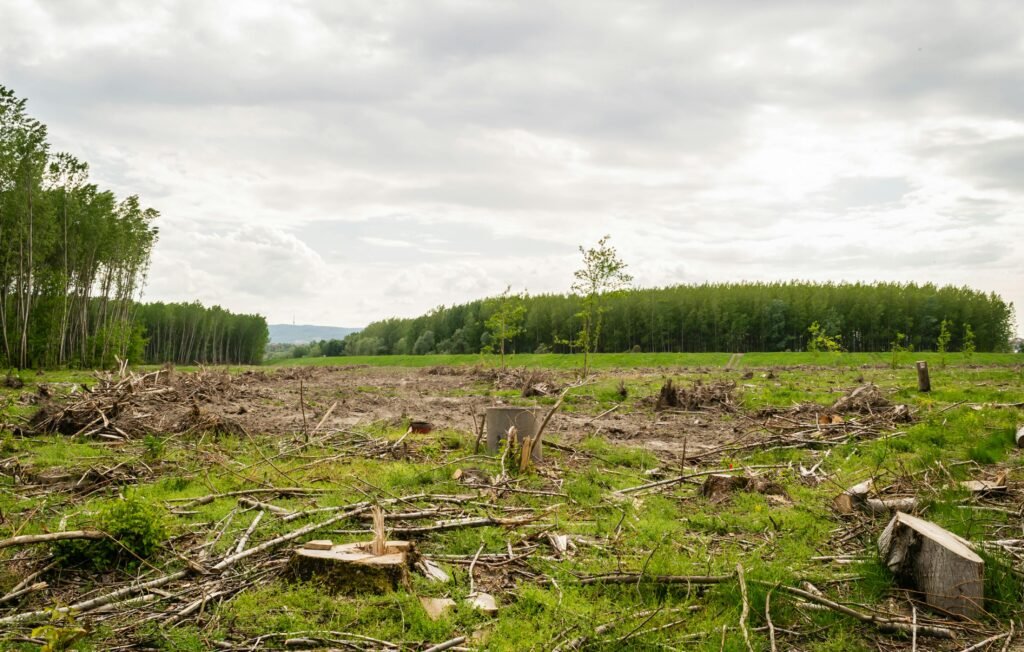
Deforestation remains one of the most pressing environmental issues in Indonesia and other forest-rich countries. While logging and agricultural expansion are often cited as major drivers, another critical factor lies beneath the surface: the misuse of forest permits. When licenses are issued improperly—or even illegally—the impact extends far beyond the felled trees, threatening biodiversity, climate stability, and governance itself.
Misused Permits and Large-Scale Forest Loss
Legal permits are intended to regulate forest use, balancing economic activities with ecological sustainability. However, in practice, the misuse of permits has enabled large-scale land clearing.
By 2019, investigations revealed that approximately 2.57 million hectares of Indonesian forests had been cleared for oil palm plantations operating without proper legal compliance. This figure reflects not only weak oversight but also systemic challenges in forest governance.
Environmental Consequences
The consequences of such practices are severe and multifaceted:
Loss of biodiversity: Critical habitats for endangered species such as orangutans and Sumatran tigers continue to shrink, placing them at greater risk of extinction.
Climate impact: Land clearing contributes to rising carbon emissions, with local temperature increases reaching up to 2.3°C in certain regions.
Pollution: The use of pesticides in illegal plantations contaminates soil and water sources, causing health problems for nearby communities.
These outcomes underline how the misuse of permits is not simply an administrative issue—it is an environmental crisis.
Expert Perspectives
Environmental experts and organizations have repeatedly highlighted the risks of weak permit enforcement.
Gemma Tillack, Forest Policy Director at Rainforest Action Network, emphasized:
“Companies that open land through burning are clearly violating Indonesian law.”
Such statements reveal the gap between regulatory frameworks and on-the-ground practices. Without robust monitoring and enforcement, the legal framework loses its effectiveness.
Case Example: Community-Led Protection
While misuse of permits has caused significant damage, there are also positive examples of resistance.
One such case is Delima Silalahi, an activist recognized with the Goldman Environmental Prize in 2023. She successfully led efforts to protect more than 7,000 hectares of customary forests from conversion by the pulp and paper industry.
This case demonstrates that effective forest management is possible when communities are empowered and governance structures support their rights.
Strengthening Forest Governance
Illegal or misused permits not only accelerate deforestation but also erode trust in regulatory institutions. To address this issue, several measures are essential:
Stronger monitoring systems that can detect irregularities in licensing.
Transparent processes to ensure accountability in the issuance of forest permits.
Community engagement to balance economic activities with the protection of natural ecosystems.
Ultimately, sustainable forest management depends not only on the existence of laws but also on the integrity of their enforcement.
Conclusion
The misuse of forest permits represents a hidden but powerful driver of deforestation. Its impact extends beyond tree loss to biodiversity decline, climate disruption, and weakened governance. However, with transparent licensing, stronger oversight, and community-led initiatives, it is possible to move toward a future where forests are managed responsibly.
